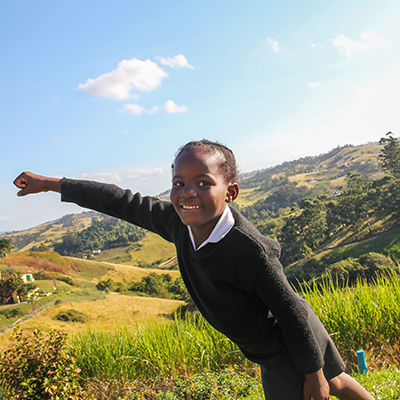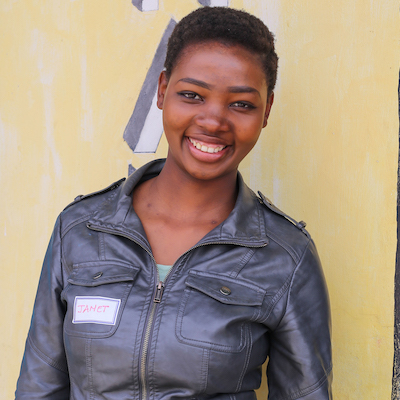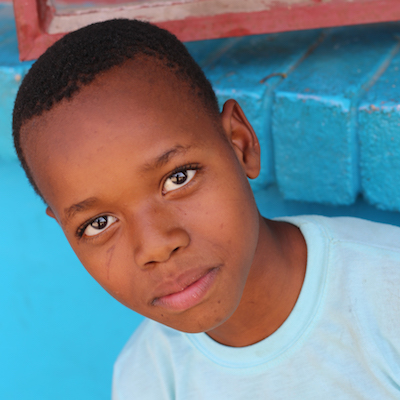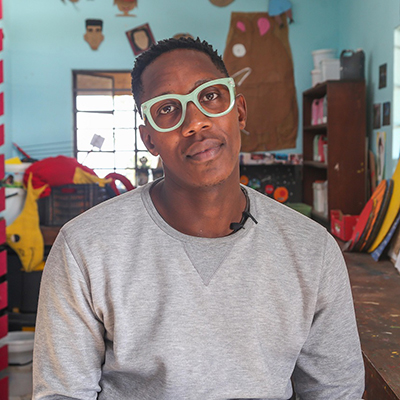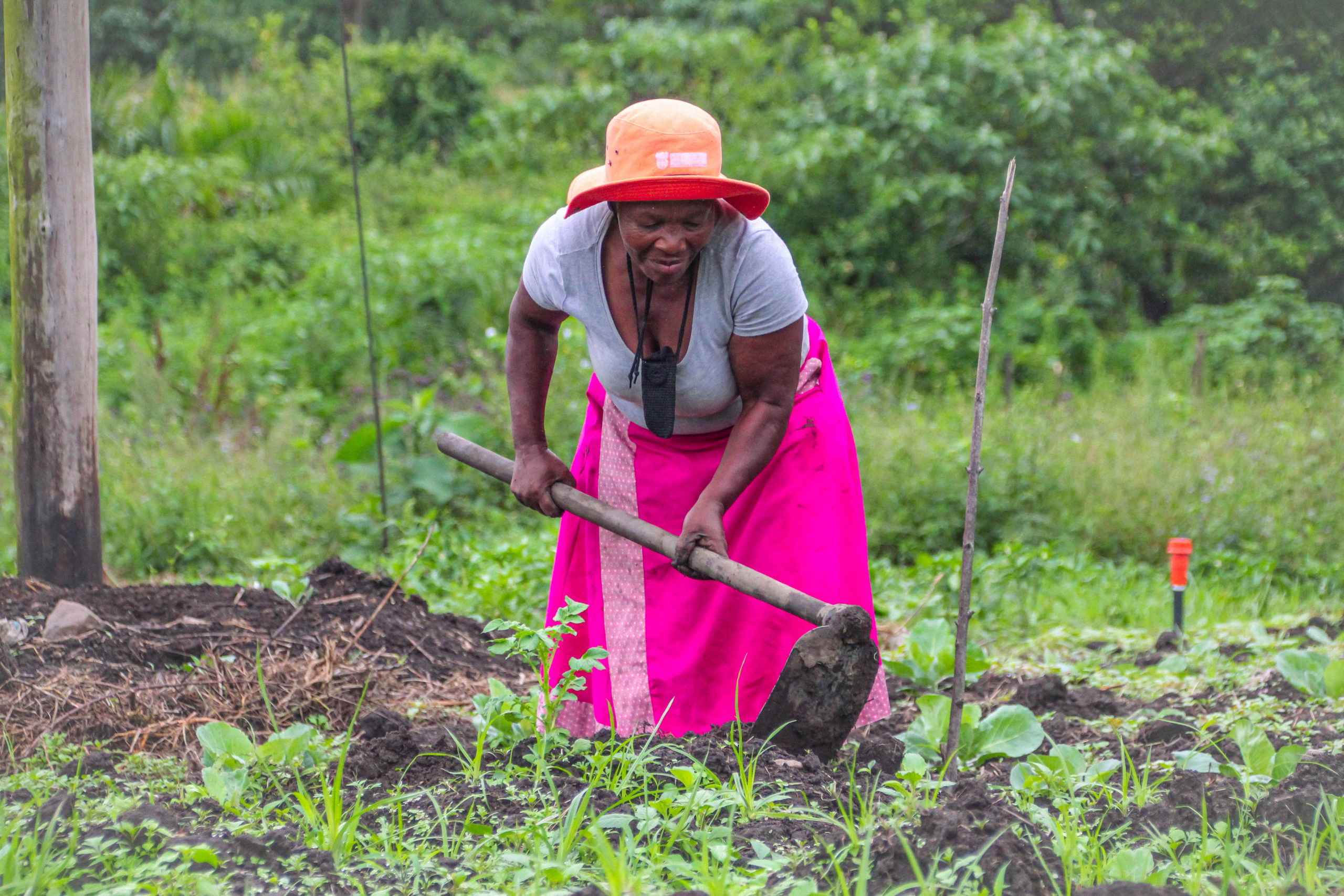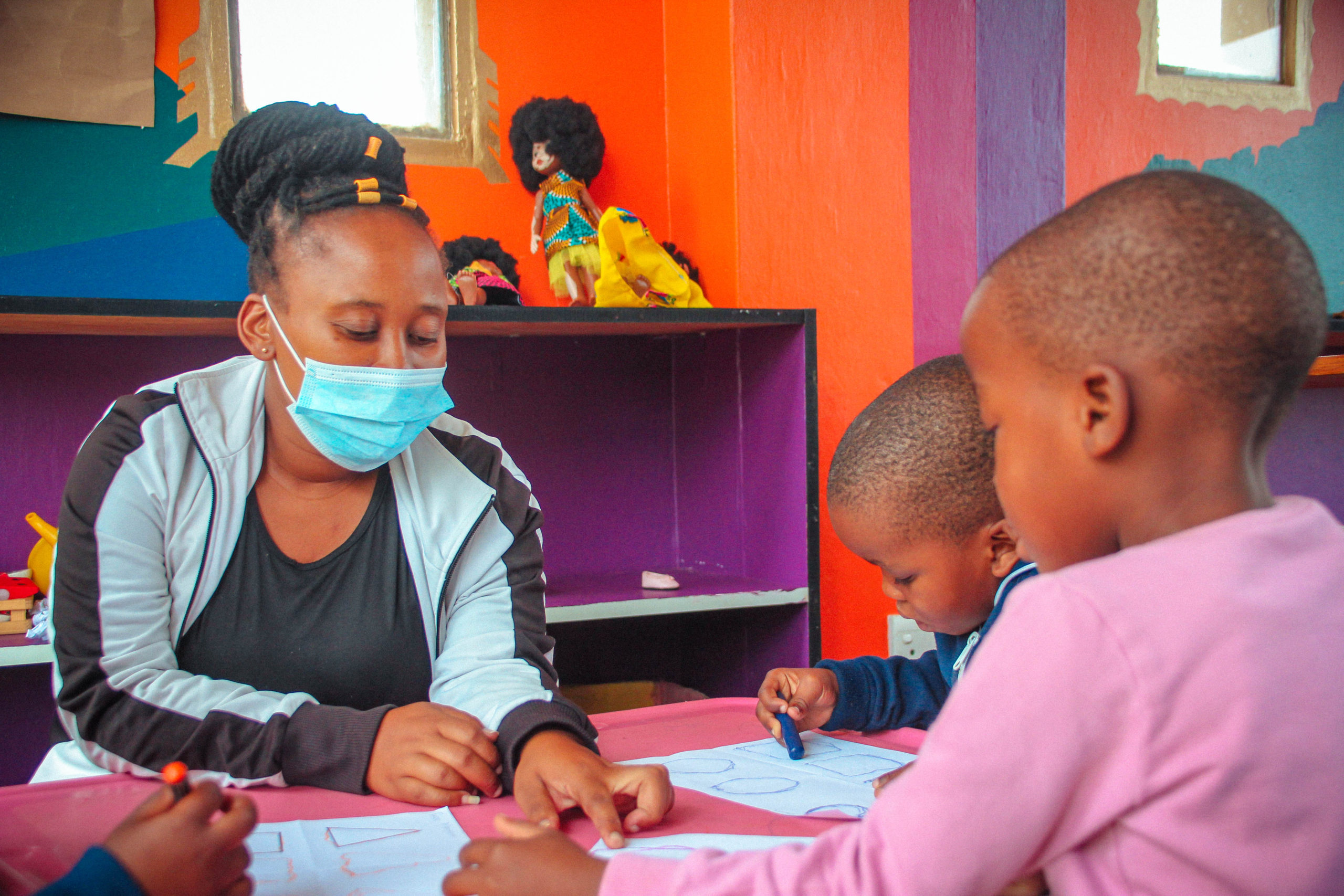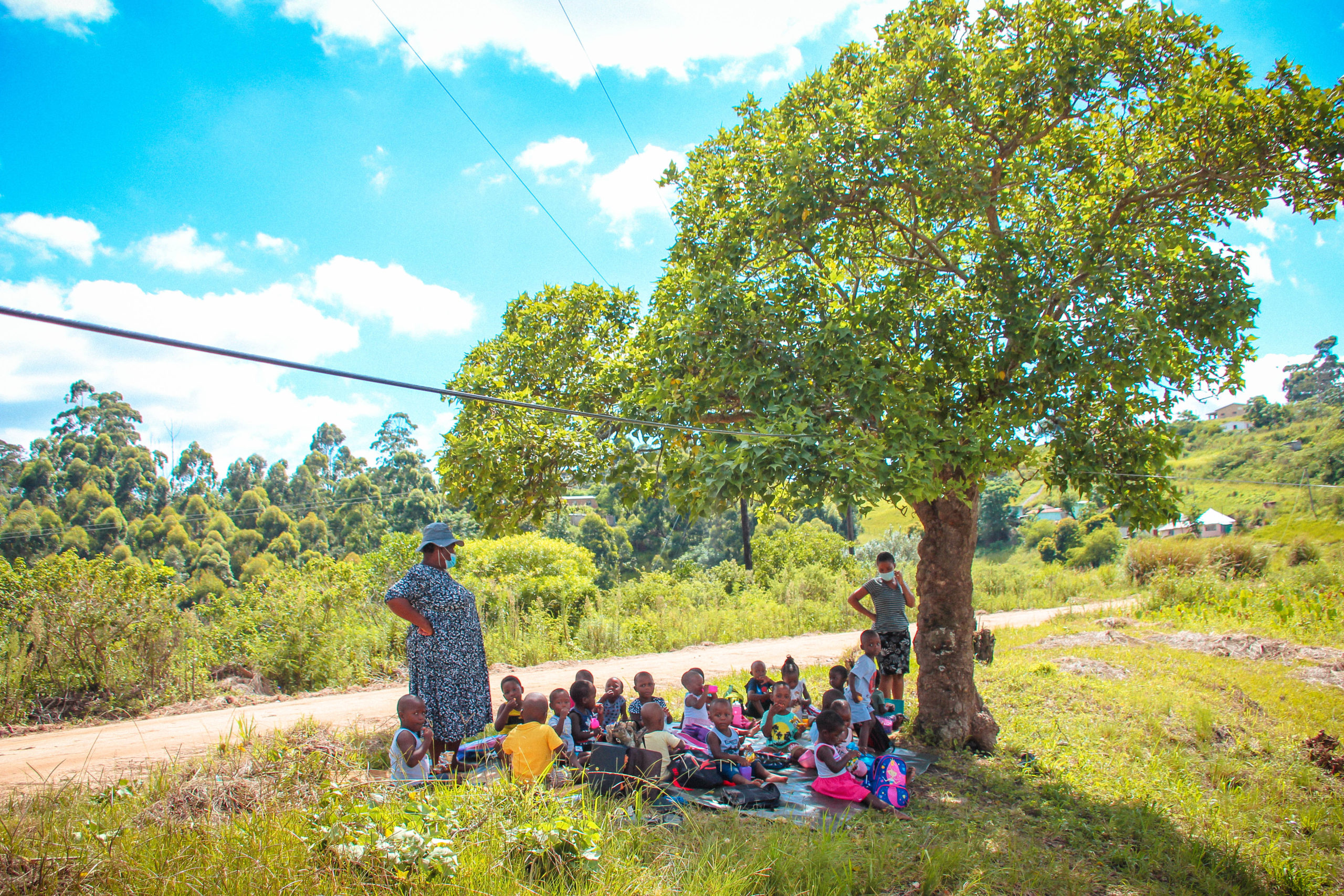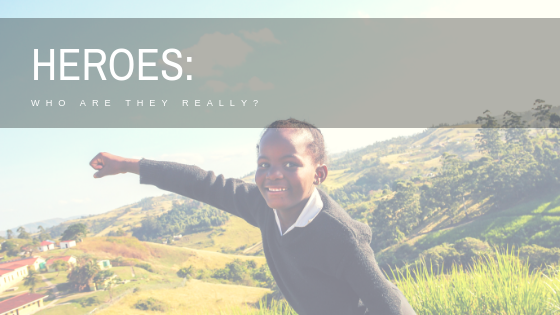
The past few months, through our Thanda Superheroes discussions, we’ve been questioning the idea of what truly makes heroes. Is it because they are brave? Do they have super-natural powers? Are they inherently good or are good and bad closer than we think? These are some of the questions we ask participants in our After-school Programme when we do activities aimed at seeing themselves as heroes, rather than victims. In fact, we blogged about this in 2016 and if you never had the chance to read it, you can find it here.
In our Facilitator Training that we do with our After-school Programme, we transform our perspective of heroes by looking at things through paradoxes, and tension. We teach self-esteem, while at the same time discussing humility and empathy. We look at a hero of ours, such as Carl Sagan’s Pale’s Blue Dot and compare those ideas of humanity to the teeming slums of Dubai. We realise that we (like all humans) are capable of great acts, but equally capable of atrocities. We realise that we are equally powerless and powerful beyond measure. With that realisation, we begin to understand Peter Parker’s (Spider-Man) idea of “With great power, comes great responsibility.” We begin to see ourselves as capable change-makers and possible heroes in our own communities. Then, we act and help others to do the same.
Read Superhero Stories from the people in our community: who are their heroes, and when was a time they were a hero to someone else.
Janet has been with Thanda since it began in 2008 as a participant, volunteer, and now an after-school facilitator. Growing up with her Grandma, she sees Co-founder and Director, Angela Larkan, as a hero to her because Angela supported her professionally and showed her how to love others fully.
Mnqobi protects his younger friend from Bullies, just like Captain America.
Musa’s hero is his mom, but his perspective and actions in life made him a hero to a friend when that friend needed one most. Musa is very proud of the role he played without even realizing it.
Being a hero does not mean that you are perfect. Spider-Man shows us that because he does not live in an expensive home or lead a rich life, in fact, he is an orphan with few friends. Spider-Man is a hero for many of the kids at Thanda because they identify positively with him and his situation. Spider-Man is young, loves learning, struggles with his love life, is an orphan who realises his responsibility to the world and has to make difficult decisions. By relating to Spider-Man, their concept of a ‘hero’ is redefined and children begin to see a hero as an ‘everyday’ person who makes mistakes and faces challenges. With Spider-Man’s help, we learn to believe in our potential and create a world for ourselves that is different than the one we were born into.
The Thanda Superheroes are a group of monthly donors who are fighting food insecurity, poor education, and unemployment – creating real and lasting change in rural South Africa. With these powers, they are building a world where everyone can be a hero in their own communities.
Join the fight today at www.thanda.org/


